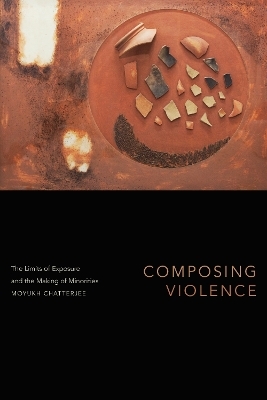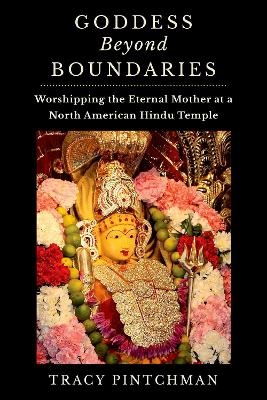
Composing Violence
The Limits of Exposure and the Making of Minorities
Seiten
2023
Duke University Press (Verlag)
978-1-4780-1702-8 (ISBN)
Duke University Press (Verlag)
978-1-4780-1702-8 (ISBN)
Examining the 2002 pogrom in which Hindu mobs attached Muslims in the west Indian state of Gujuarat, Moyukh Chatterjee examines how political violence against minorities catalyzes radical changes in law, public culture, and power.
In 2002, armed Hindu mobs attacked Muslims in broad daylight in the west Indian state of Gujarat. The pogrom, which was widely seen over television, left more than one thousand dead. In Composing Violence Moyukh Chatterjee examines how highly visible political violence against minorities acts as a catalyst for radical changes in law, public culture, and power. He shows that, far from being quashed through its exposure by activists, media, and politicians, state-sanctioned anti-Muslim violence set the stage for transforming India into a Hindu supremacist state. The state's and civil society’s responses to the violence, Chatterjee contends, reveal the constitutive features of modern democracy in which riots and pogroms are techniques to produce a form of society based on a killable minority and a triumphant majority. Focusing on courtroom procedures, police archives, legal activism, and mainstream media coverage, Chatterjee theorizes violence as a form of governance that creates minority populations. By tracing the composition of anti-Muslim violence and the legal structures that transform that violence into the making of minorities and majorities, Chatterjee demonstrates that violence is intrinsic to liberal democracy.
In 2002, armed Hindu mobs attacked Muslims in broad daylight in the west Indian state of Gujarat. The pogrom, which was widely seen over television, left more than one thousand dead. In Composing Violence Moyukh Chatterjee examines how highly visible political violence against minorities acts as a catalyst for radical changes in law, public culture, and power. He shows that, far from being quashed through its exposure by activists, media, and politicians, state-sanctioned anti-Muslim violence set the stage for transforming India into a Hindu supremacist state. The state's and civil society’s responses to the violence, Chatterjee contends, reveal the constitutive features of modern democracy in which riots and pogroms are techniques to produce a form of society based on a killable minority and a triumphant majority. Focusing on courtroom procedures, police archives, legal activism, and mainstream media coverage, Chatterjee theorizes violence as a form of governance that creates minority populations. By tracing the composition of anti-Muslim violence and the legal structures that transform that violence into the making of minorities and majorities, Chatterjee demonstrates that violence is intrinsic to liberal democracy.
Moyukh Chatterjee is a Visiting Scholar at the University of Edinburgh.
Acknowledgments ix
Introduction. The Limits of Exposure 1
1. A Minor Reading 34
2. Composing the Archive 56
3. Against the Witness 76
4. Anti-Impunity Activism 93
5. Beyond the Unspeakable 107
Conclusion. Minor, Minorities, Minorization 127
Notes 139
Bibliography 151
Index 163
| Erscheinungsdatum | 10.01.2023 |
|---|---|
| Reihe/Serie | Theory in Forms |
| Zusatzinfo | 6 illustrations |
| Verlagsort | North Carolina |
| Sprache | englisch |
| Maße | 152 x 229 mm |
| Gewicht | 408 g |
| Themenwelt | Geisteswissenschaften ► Religion / Theologie ► Hinduismus |
| Sozialwissenschaften ► Ethnologie | |
| Sozialwissenschaften ► Soziologie | |
| ISBN-10 | 1-4780-1702-3 / 1478017023 |
| ISBN-13 | 978-1-4780-1702-8 / 9781478017028 |
| Zustand | Neuware |
| Informationen gemäß Produktsicherheitsverordnung (GPSR) | |
| Haben Sie eine Frage zum Produkt? |
Mehr entdecken
aus dem Bereich
aus dem Bereich
Worshipping the Eternal Mother at a North American Hindu Temple
Buch | Hardcover (2024)
Oxford University Press Inc (Verlag)
CHF 136,00


